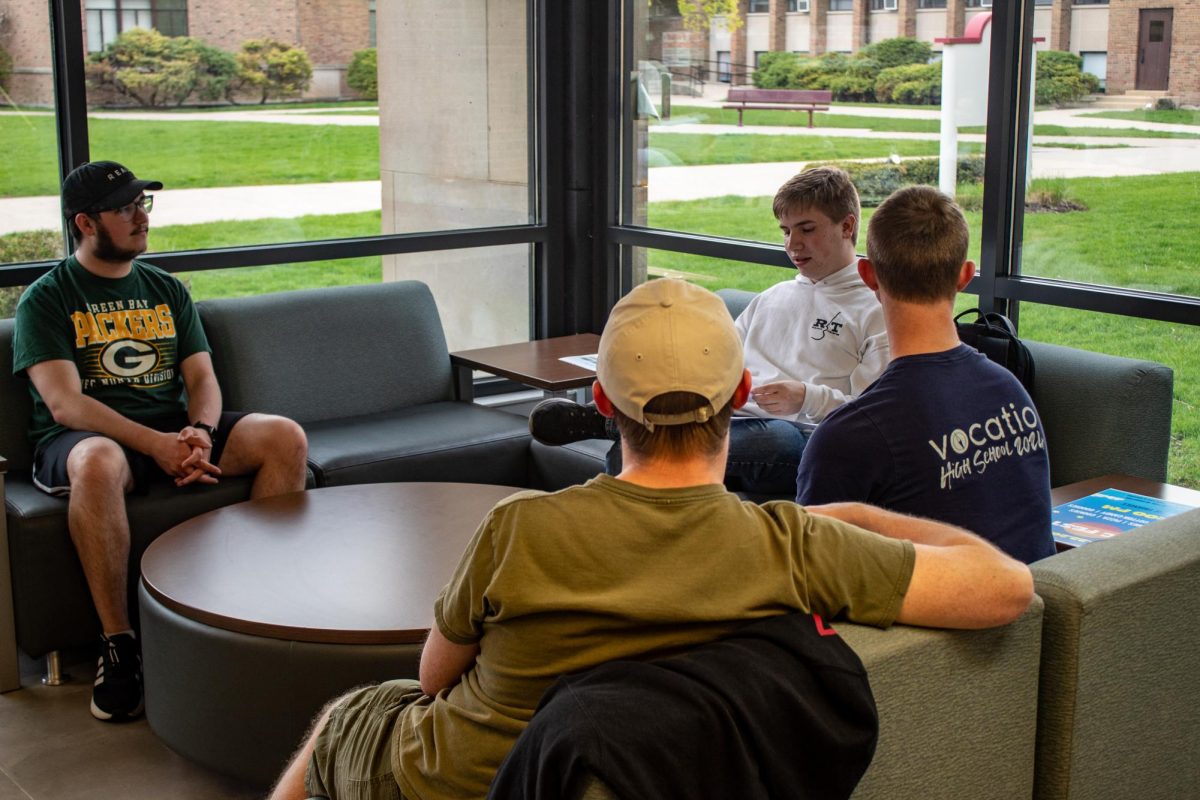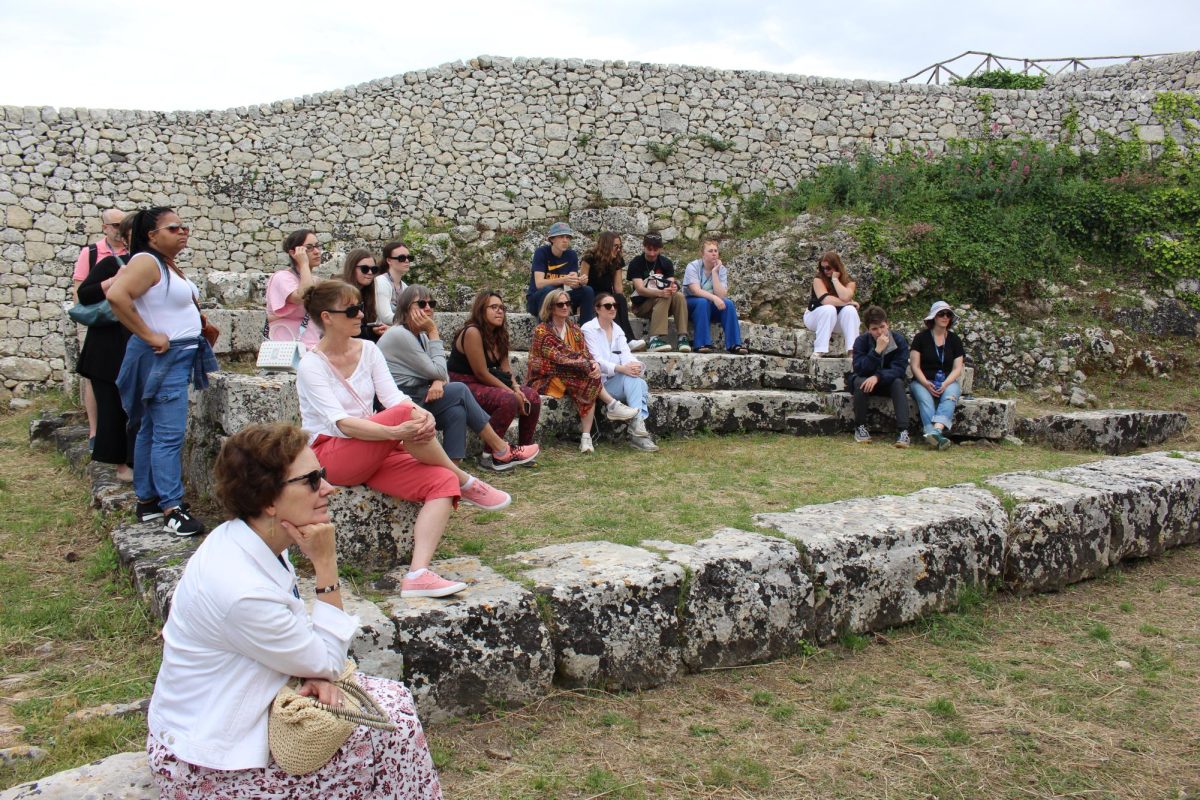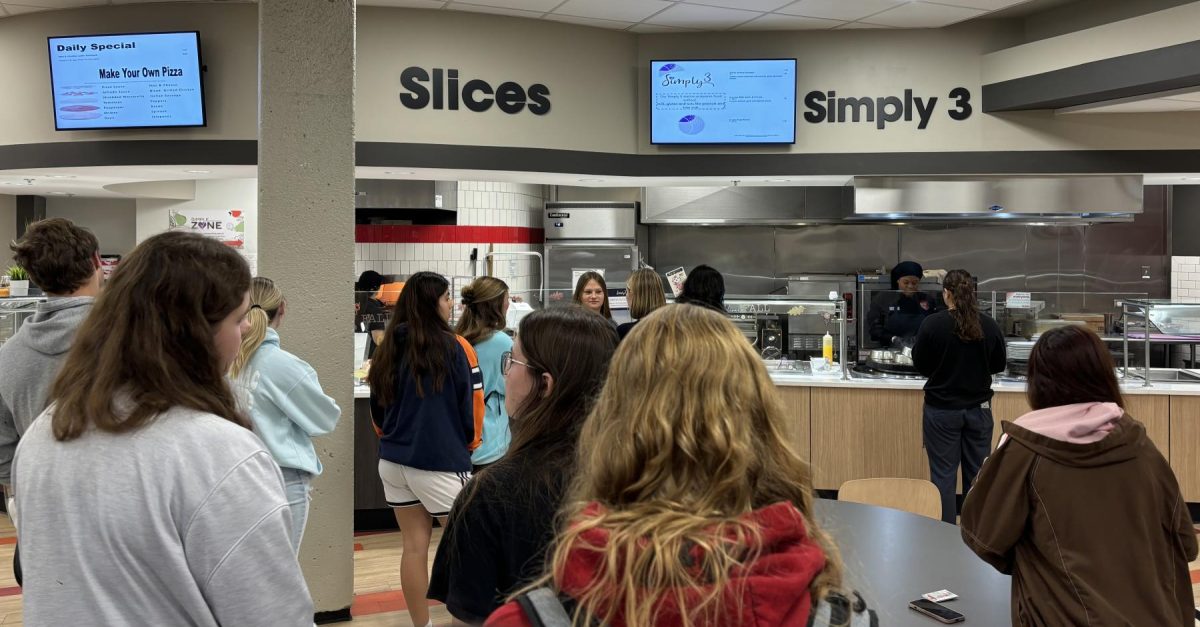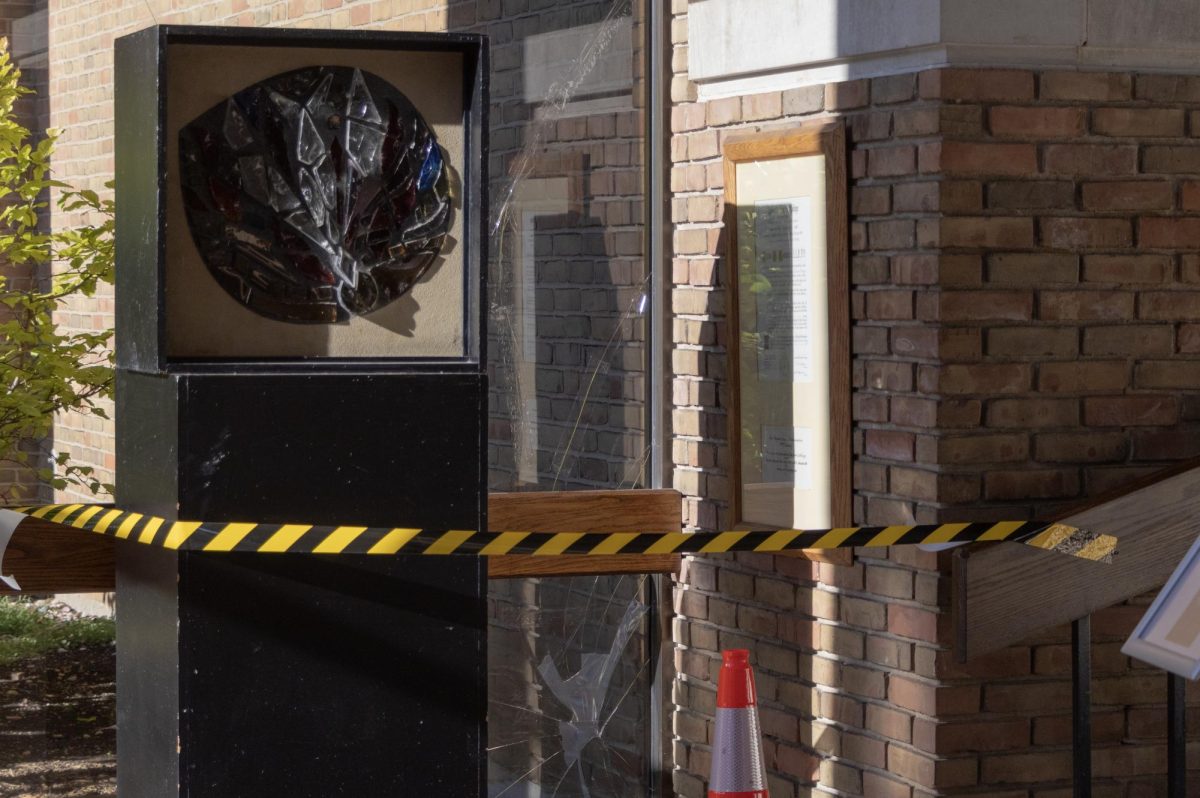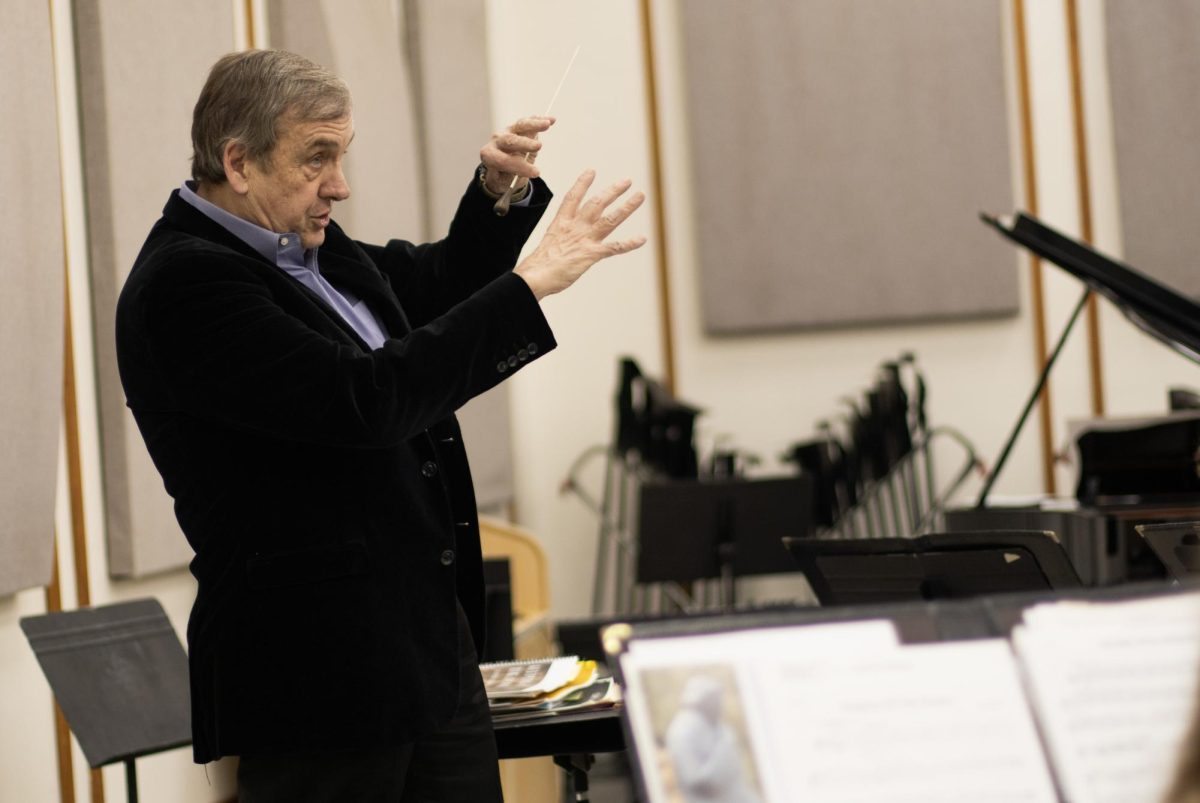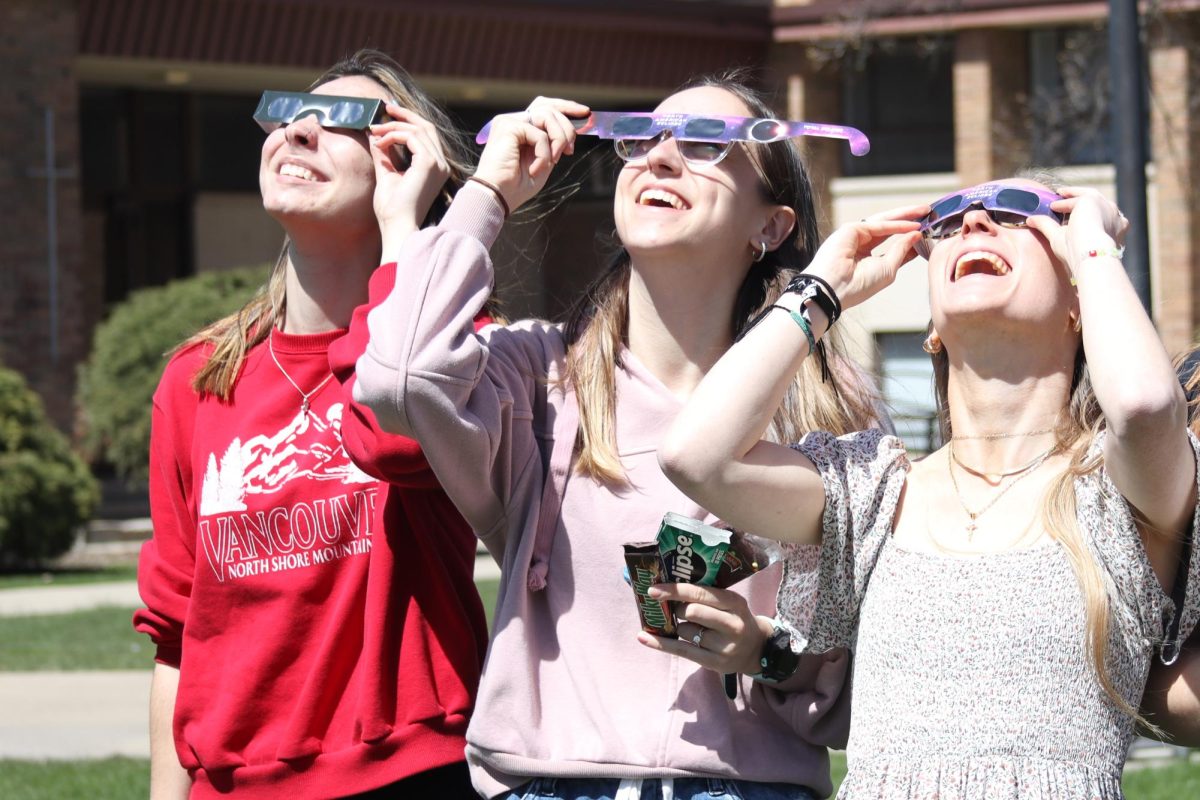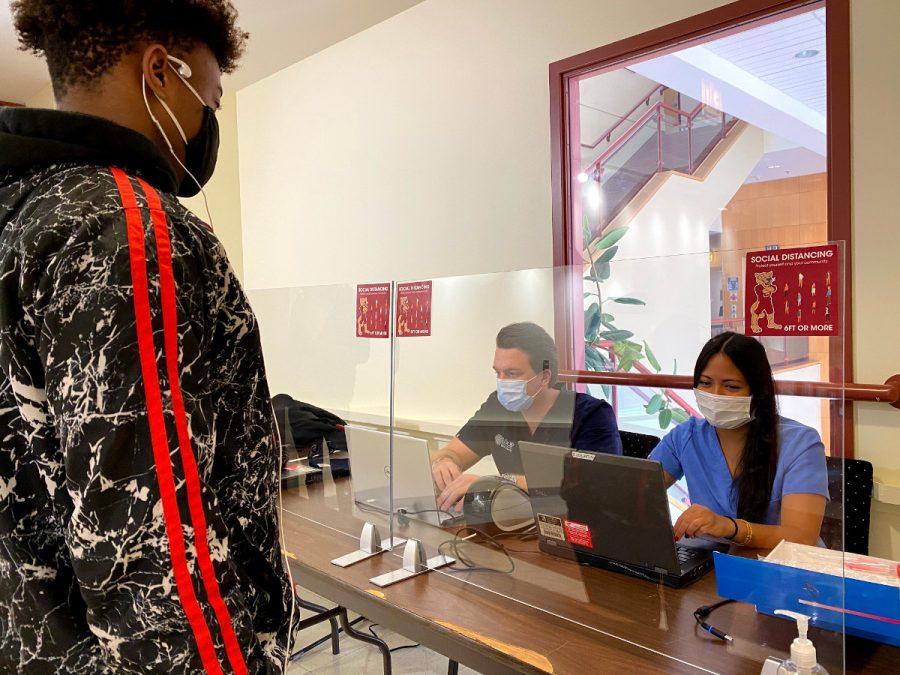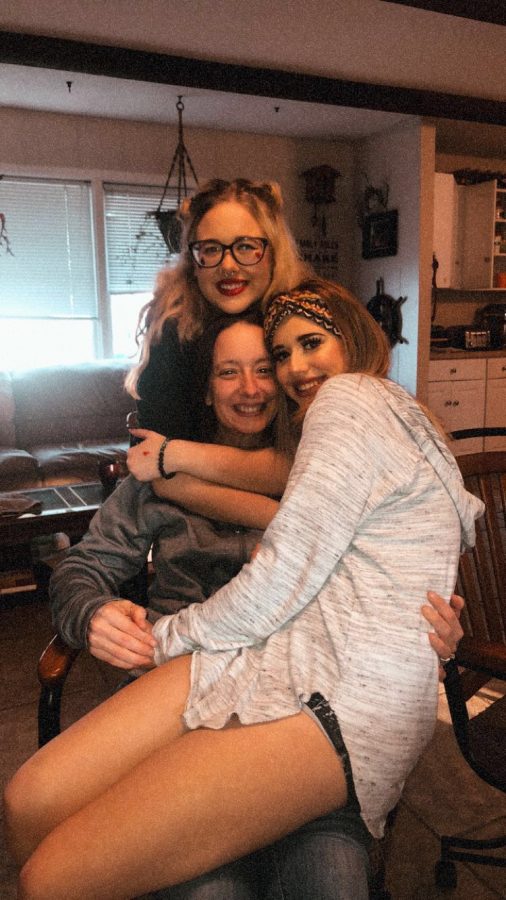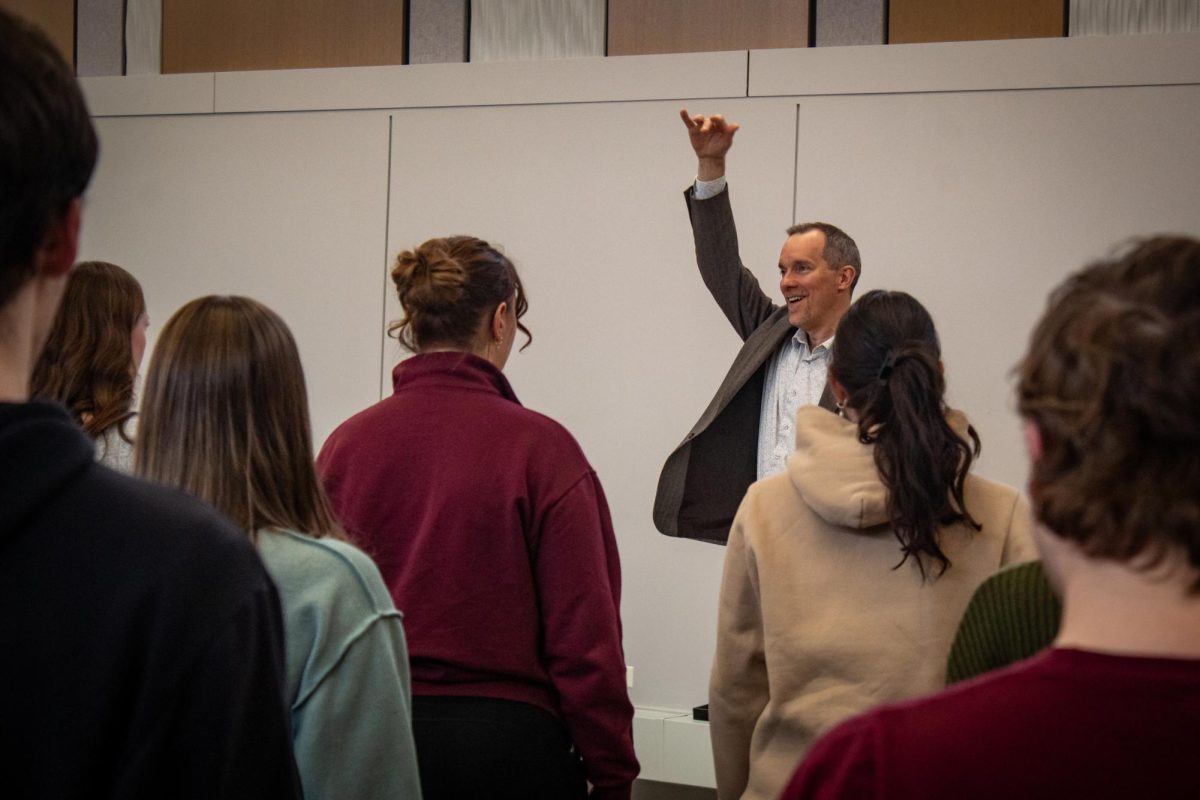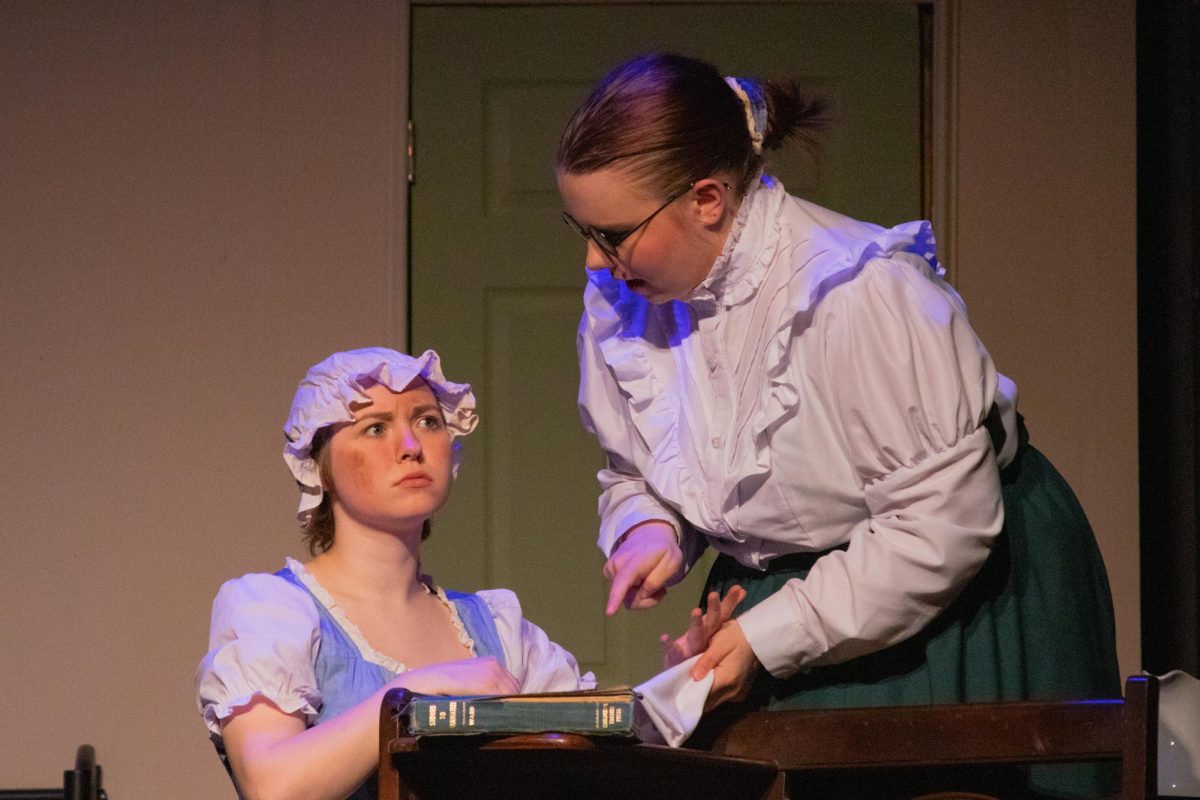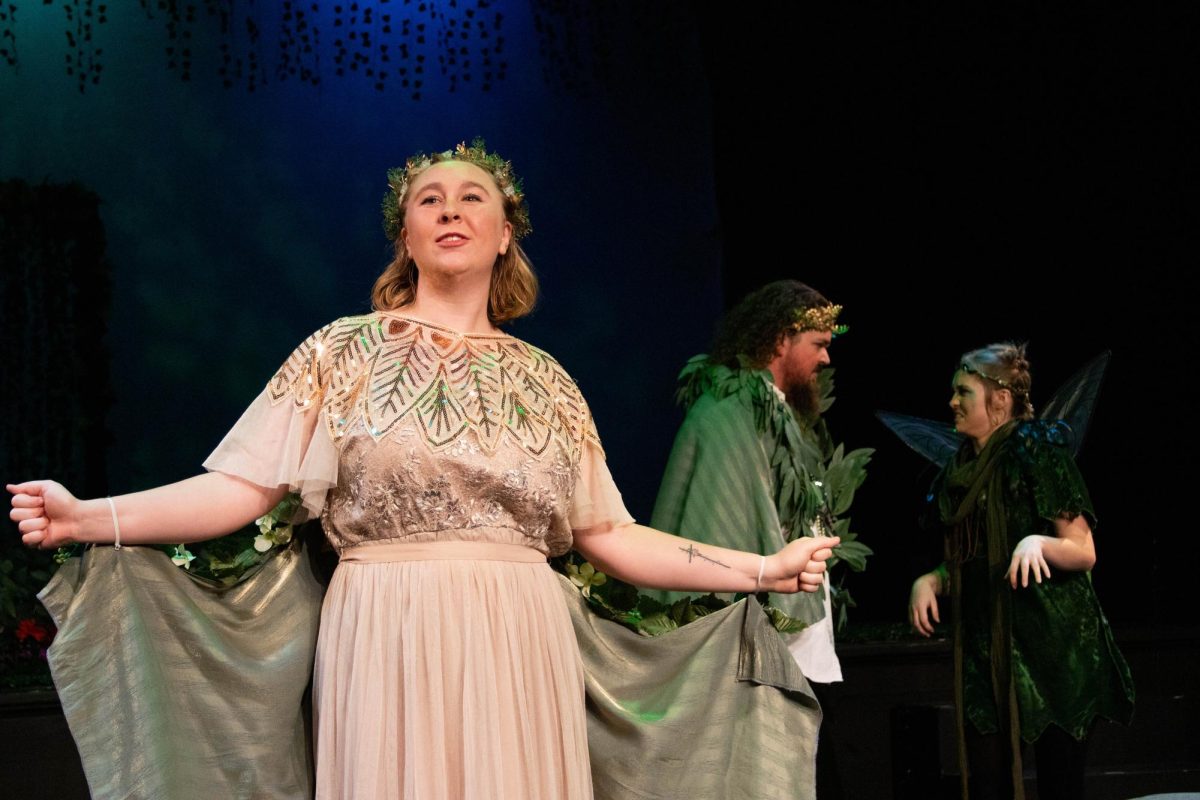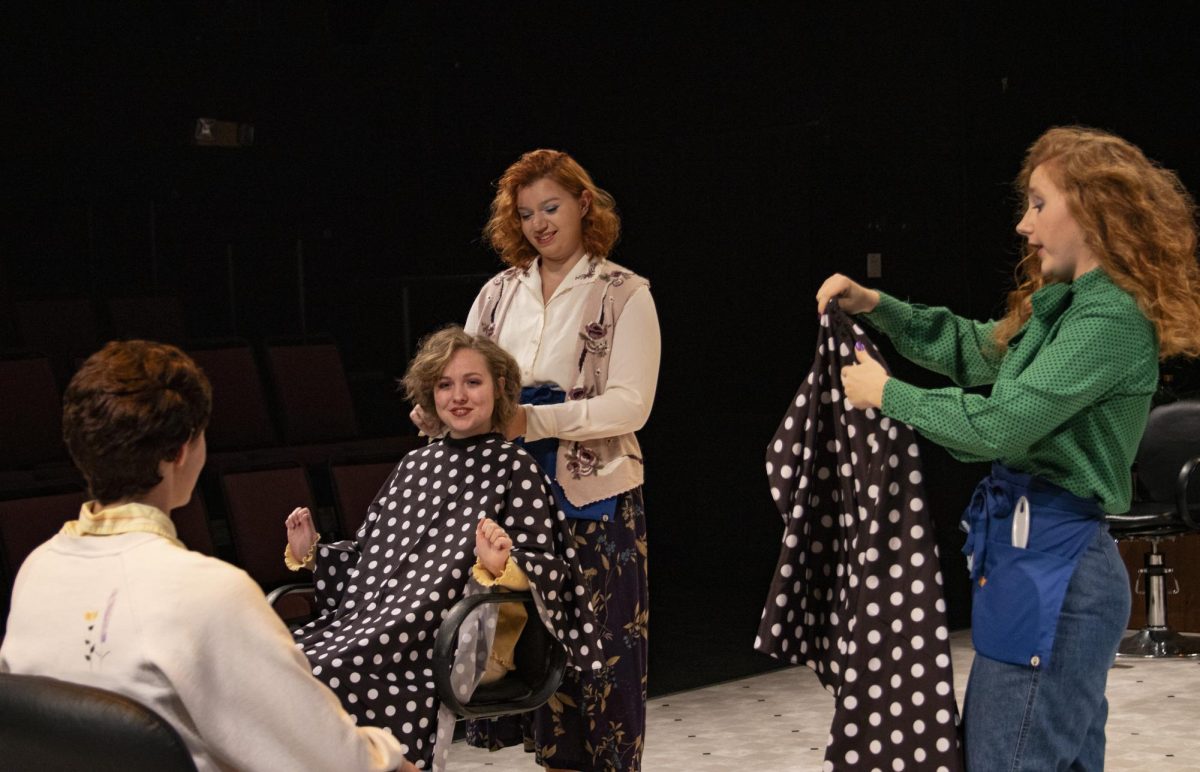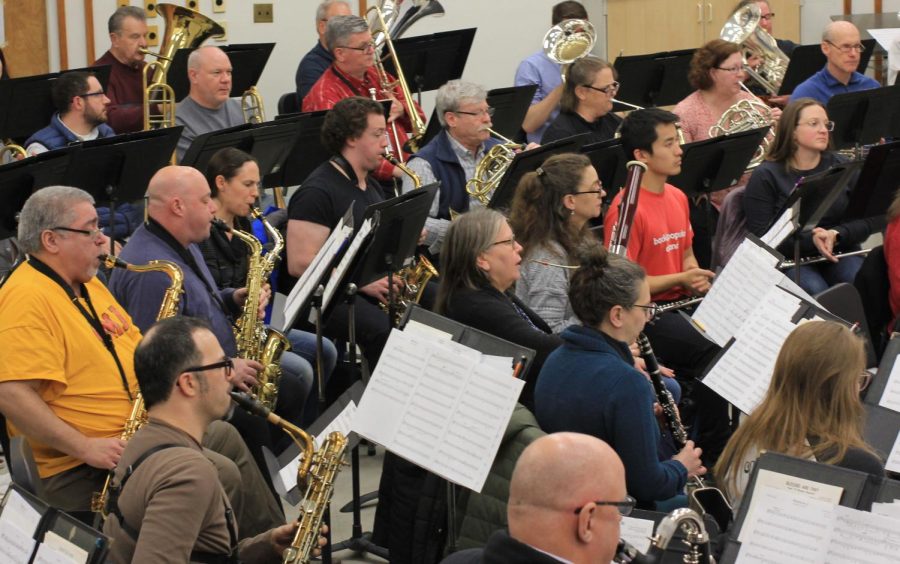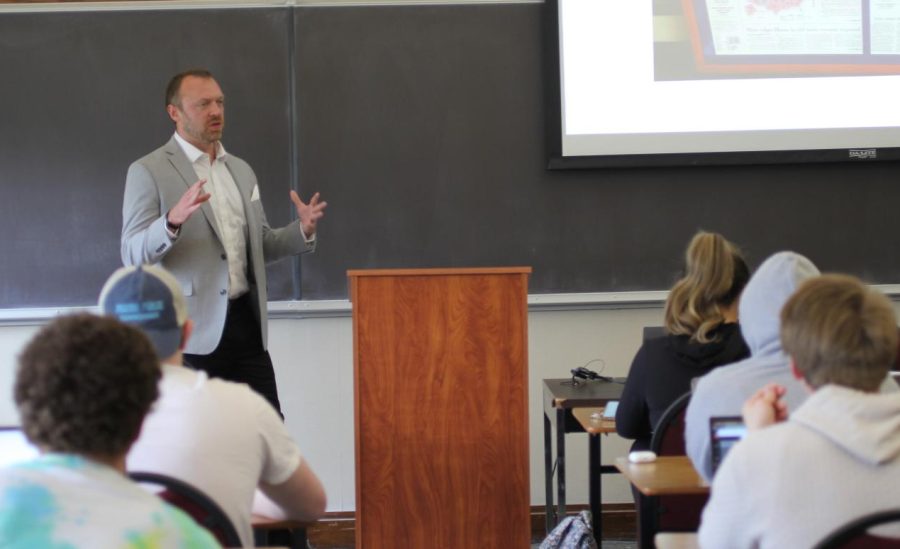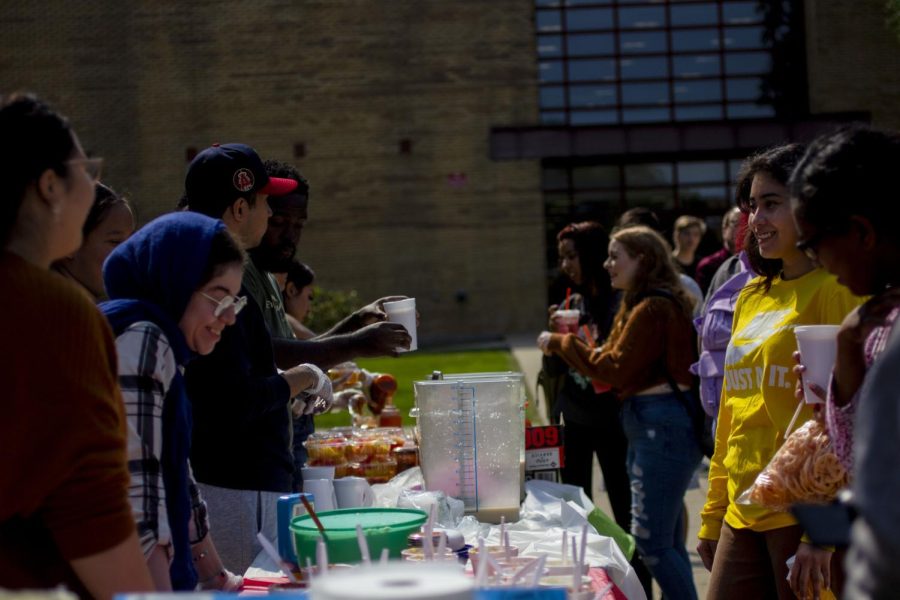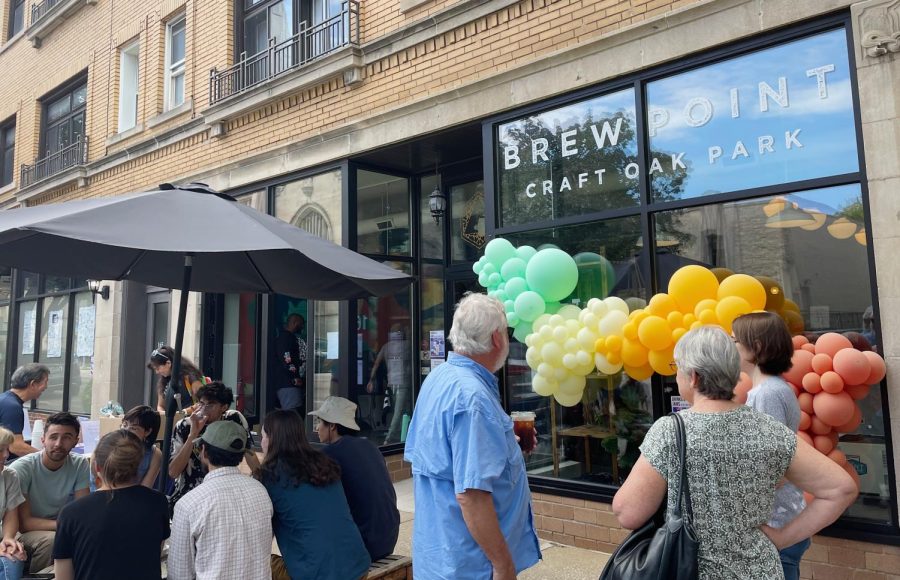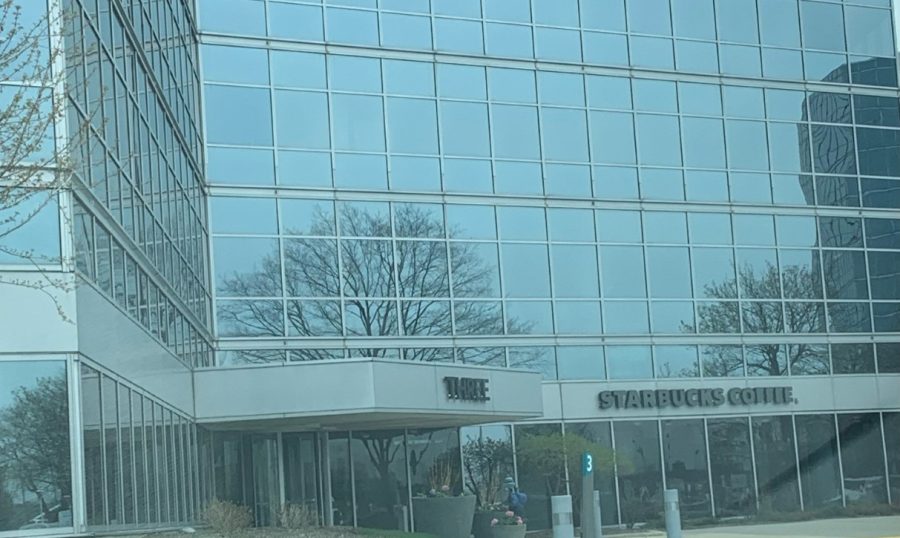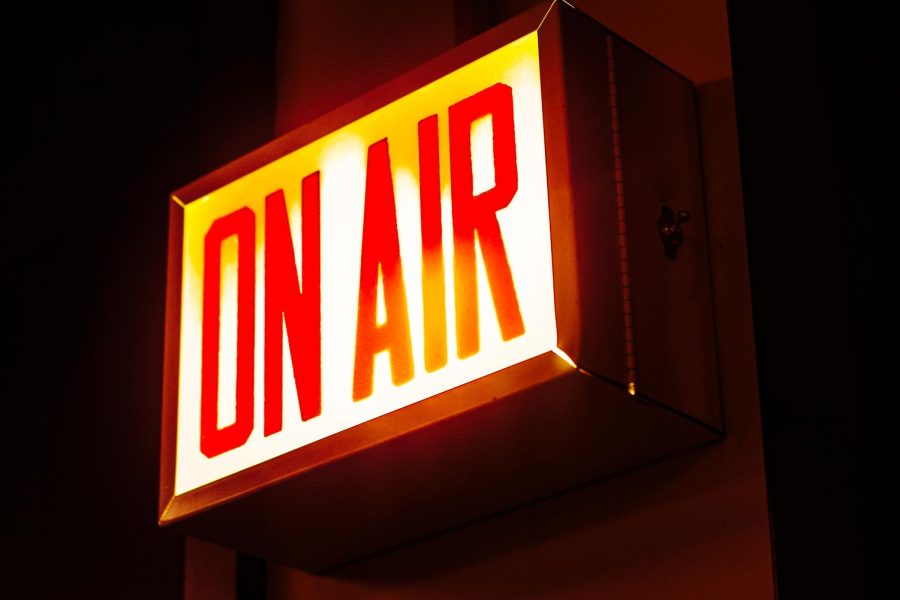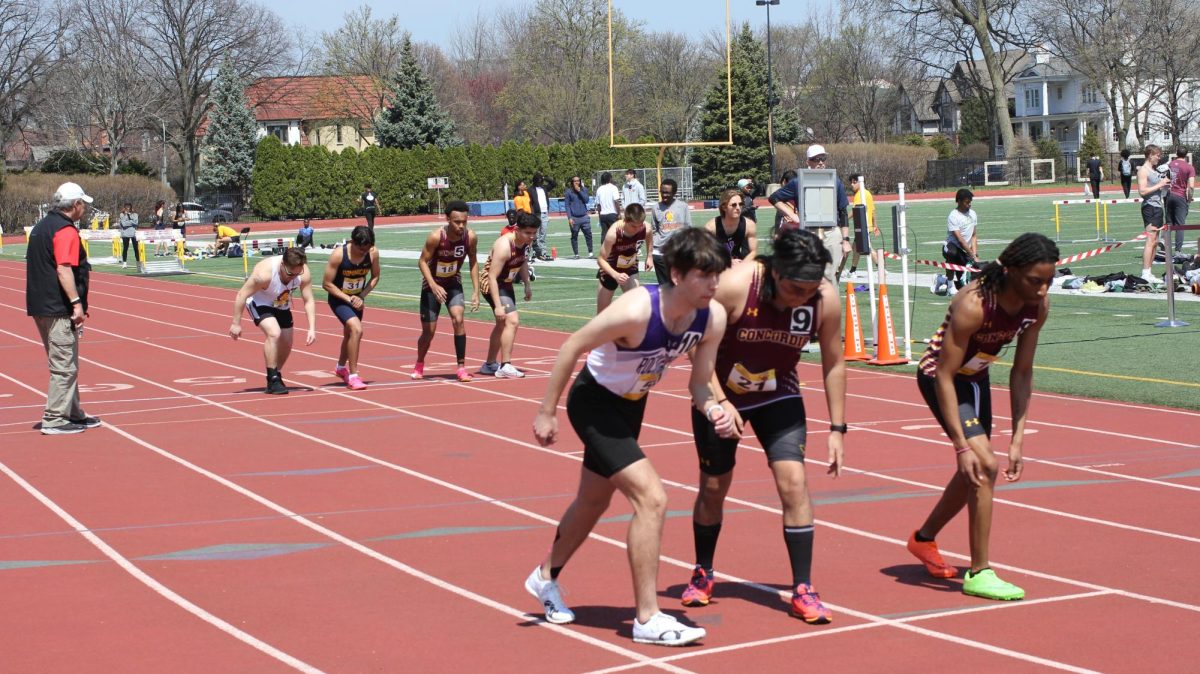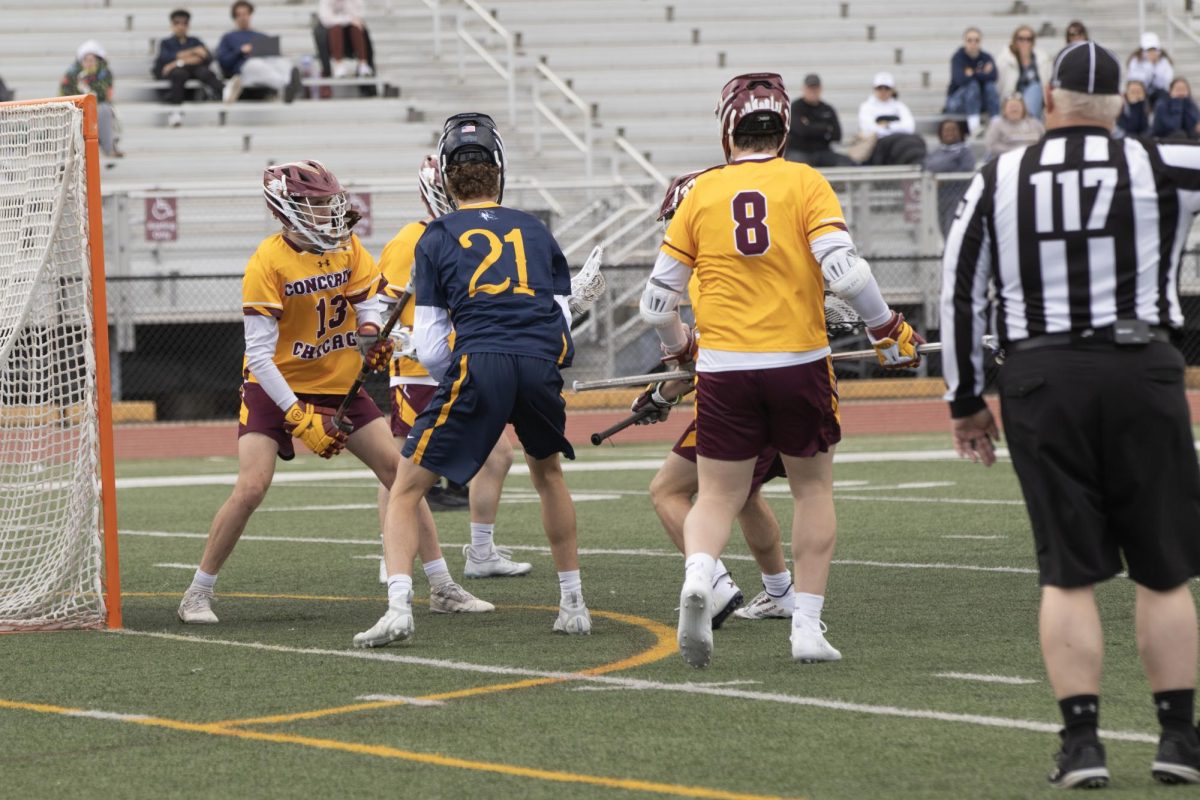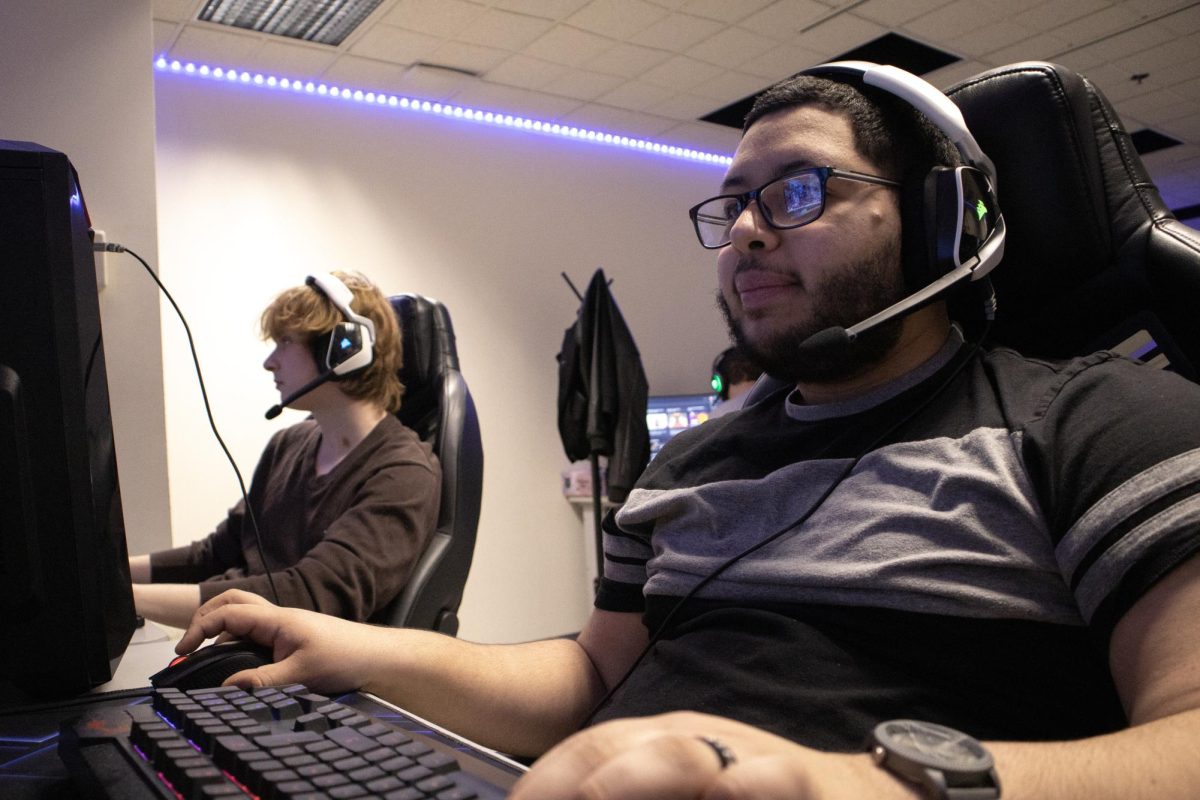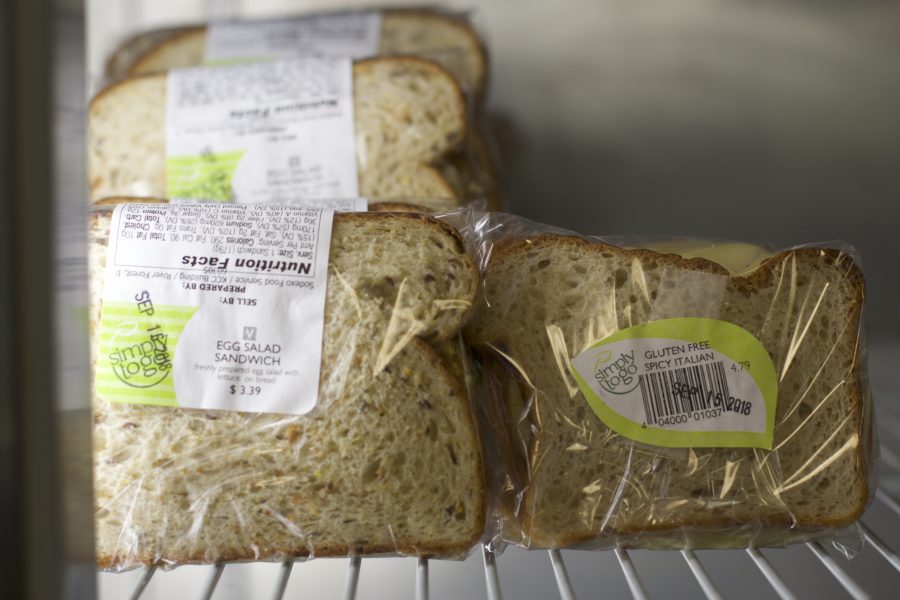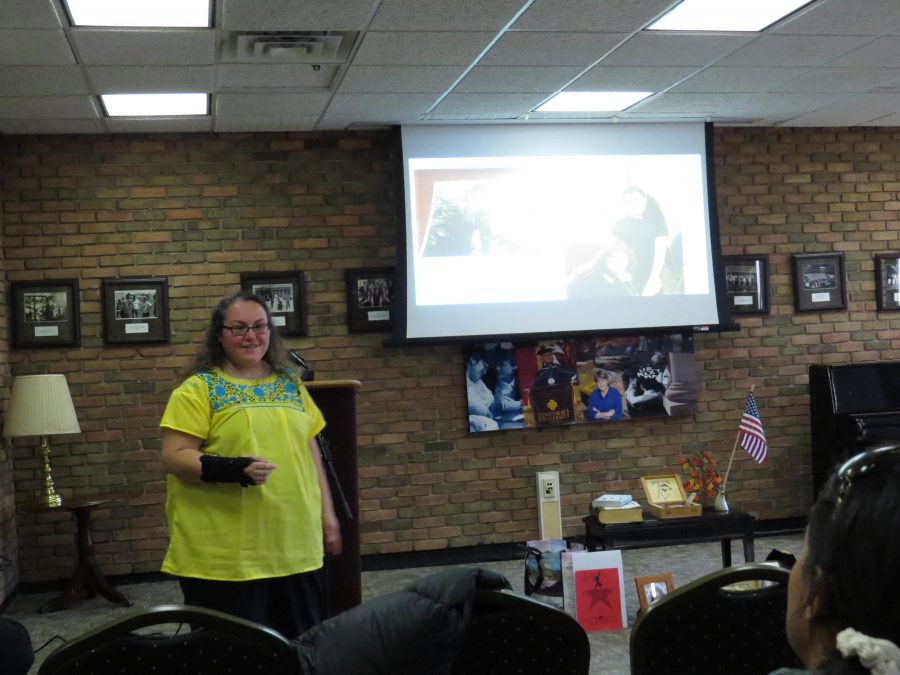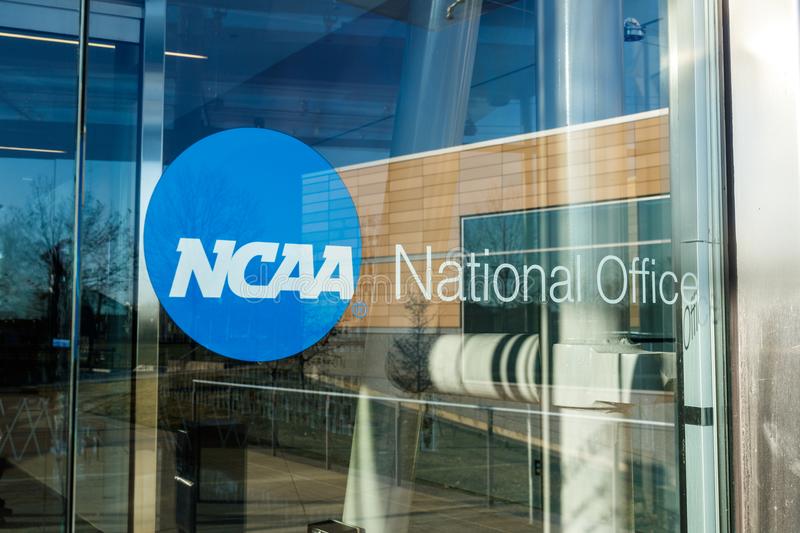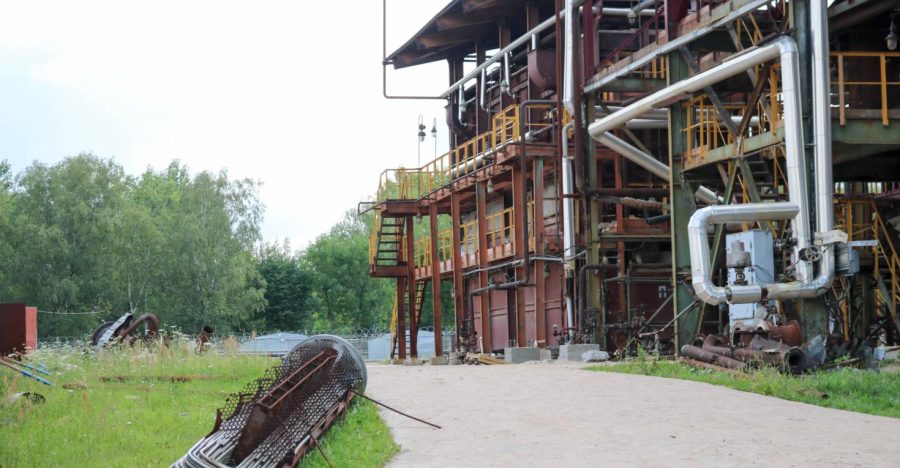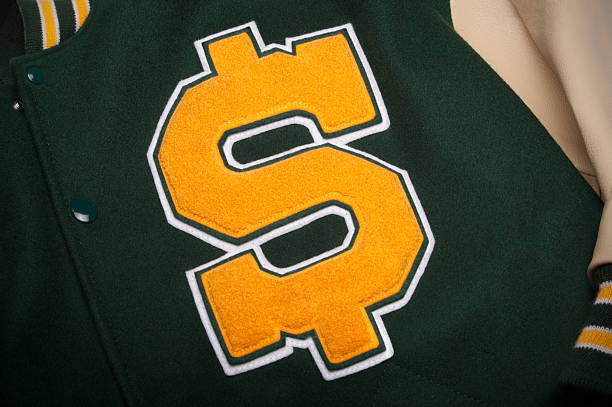By Jordan Mann
The Kurdish people are in the news on an almost daily basis. Stories about being allies of the U.S. and coalition forces in our fight against the Islamic State (IS), army units made up completely of women fighting with great success, putting together a democratic government in northern Iraq and conflict with the Turkish government in Turkey. Different Kurdish groups are often referred to by initials KRG, PYD, YPG and PKK are the ones most often in the media, but there are many others. So, who are these people?
For answers we spoke with Mr. Umut Acar, the Counsul General of the Republic of Turkey, Ms. Bayan Sami Abdul Rahman, the Kurdistan Regional Governments representative to the U.S. and Mr. Bahoz Broosk, a Turkish Kurd affiliated with the Kurdish Cultural Center in Chicago. We were also in contact, via email, with Dr. Walter Posch of The National Defense Academy in Austria. Dr. Posch sent us some of his published papers on the Kurds.
The following is from an interview with Mr. Bahoz Broosk.
“First of all, these are my personal views rather than (those of) the Chicago Kurdish Cultural Center” Broosk stated at the beginning of the interview.
To the question of who are the Kurds Broosk answered that they are the largest population of a people without a state. He said there are between 40 and 50 million Kurds in Kurdistan. The Kurdistan region is spread through Turkey, Syria, Iraq and Iran. About 20 million Kurds live in Turkey, approximately 25% of the Turkish population. The Kurds are made up of: Christians, Jews, Yazidi, Zoroastrianism’s, and Alevi’s. The vast majority of Kurds, are Sunni Muslims.

He then went on to explain how the boarders of the four countries were drawn by the Sykes-Picot Agreement without any consideration for the people living in the area, especially the Kurds. These random boarders forced the Kurds to live under the rule of the four nation states put in control by the colonial powers. The “Kurds are always oppressed by the nation states.” He went on to talk about Saddam Hussein’s use of chemical weapons against the Kurds and the institution of a no fly zone over Iraqi Kurdistan by the US and its allies. The no fly zone allowed the Kurdish Regional Government (KRG) to take control of Iraqi Kurdistan. Finally having autonomy the Kurds prospered.
Broosk then moved on to the Kurds in Turkey. Being from Turkey, this is the region he is most knowledgeable and passionate about. He began “Since the foundation of The Republic of Turkey, Kurds were being promised something but those promises were never being kept, so that is the problem basically.” Because the Kurds were denied constitutional rights there were rebellions. The most recent began in 1978, “the PKK (The Kurdistan Workers Party) struggle.” Broosk explained the struggle is basically for the right of the Kurds to be Kurds. The view of the Turkish government is that everyone living in Turkey is Turkish, they do not recognize individual ethnic groups.
He went on explaining, the PKK was originally a Marxist organization and wanted a separate state in Turkish Kurdistan, but that has changed. Abdullah Ocalan, the leader of the PKK (currently serving a life sentence in Turkey) no longer believes in communism and does not feel that a separate state “is the first step.” The first step is a democratic Turkey with a constitution that recognizes the Kurds and all other ethnic groups in Turkey. The Kurds can then have a state in a democratic Turkey. Broosk compared this to the U.S. where there are separate states yet all part of the same country. “If that’s not possible then Kurds might have an independent country as an option.” Broosk made it clear that he feels the whole Turkish government is against the Kurds whether they live in Turkey or elsewhere.
We then moved to the subject of women’s rights. “The Kurds are not like Arabs or Turks in terms of Islam, they are really open minded people.” Ocalan has written about the importance of women’s rights and the Kurds in general promote women’s rights in government, education, business and the military. There are units of Kurdish women soldiers presently fighting in Syria against the Islamic State. Broosk stated that 40% of the forty to fifty thousand YPG forces are women. The YPG (The Peoples Protection Units) is the army of The Democratic Union Party (PYD), the government in Syrian Kurdistan. Syrian Kurdistan is often referred to as Rojava.
The US and many of our allies, including Turkey, consider the PKK to be a terrorist organization. Brook did not understand why. He feels that the PKK is fighting for the rights of the Kurds, fighting against Turkish oppression. He said “the Turkish state is also targeting the civilians in the Kurdish areas.” He went explaining the PKK and the PYD are not directly related but “we are talking about Kurds in the area that are being oppressed from four different countries for the same purposes…….at the end, they are Kurds and they have to help each other.” Turkey claims the PKK and PYD are directly related, meaning the PYD is also a terrorist organization. This alleged connection is used to justify Turkish military efforts against the PYD and YPG in Syria.
Comments are welcome, please send comments to theuniversaltribune@gmail.com

